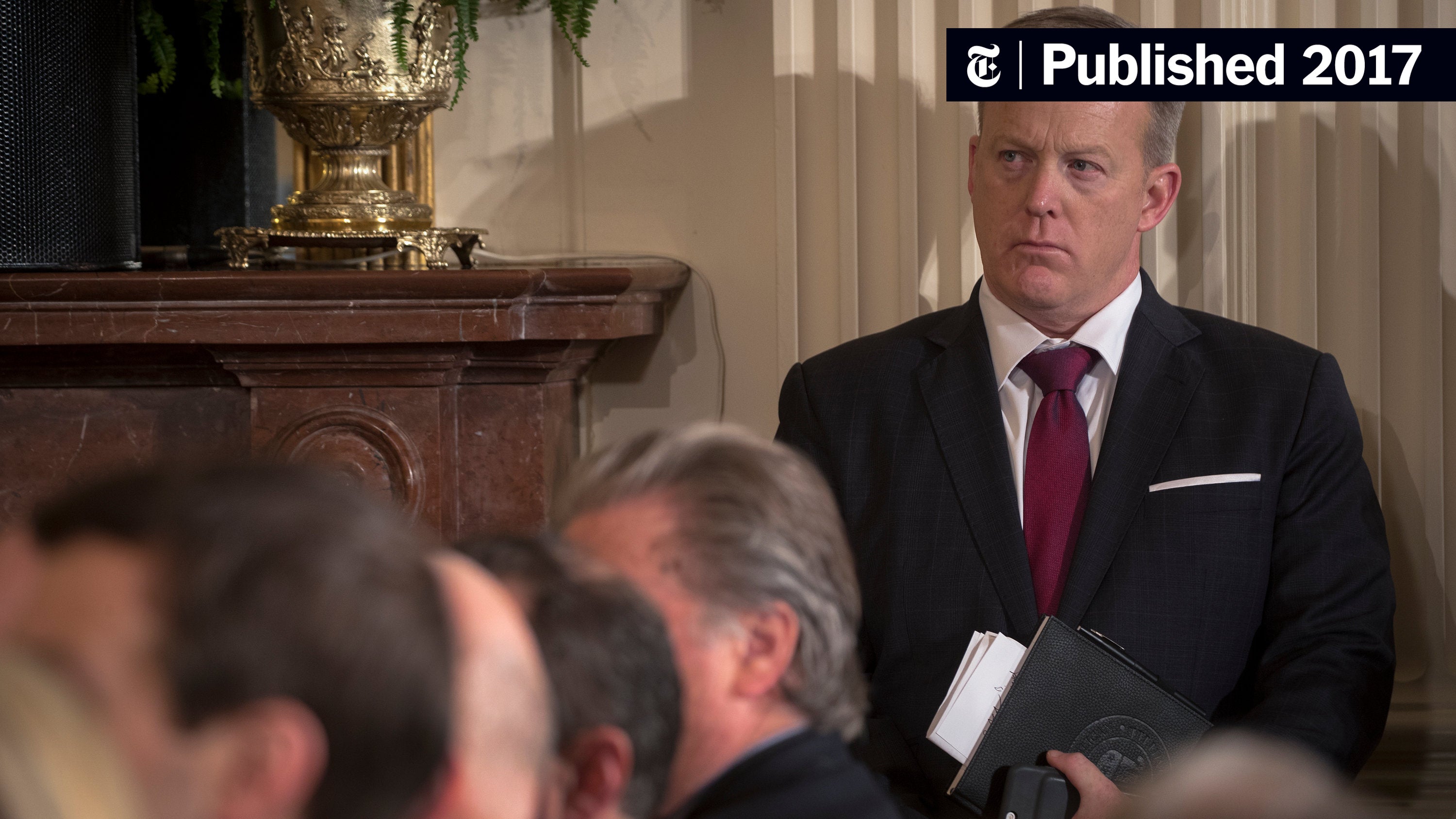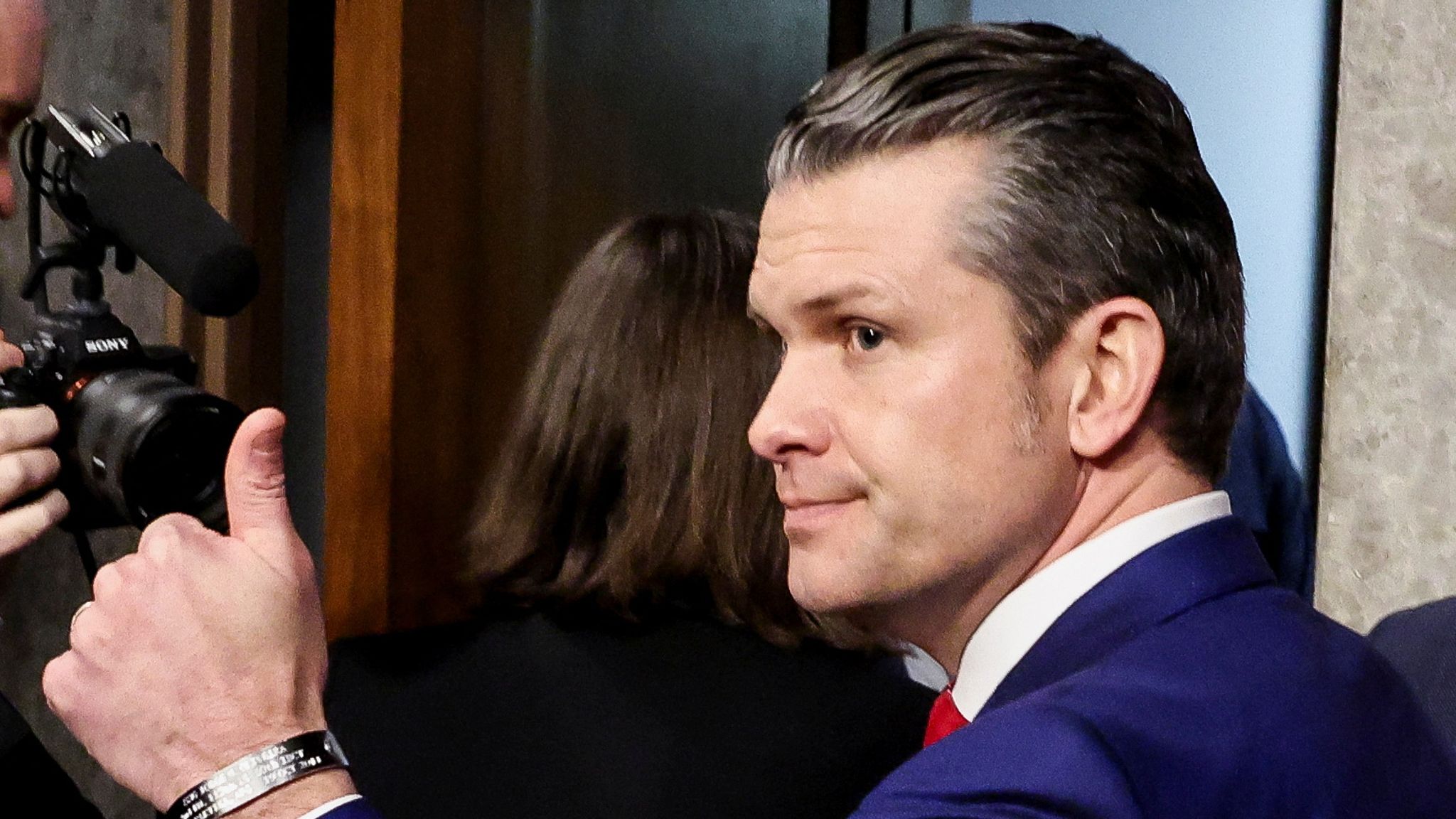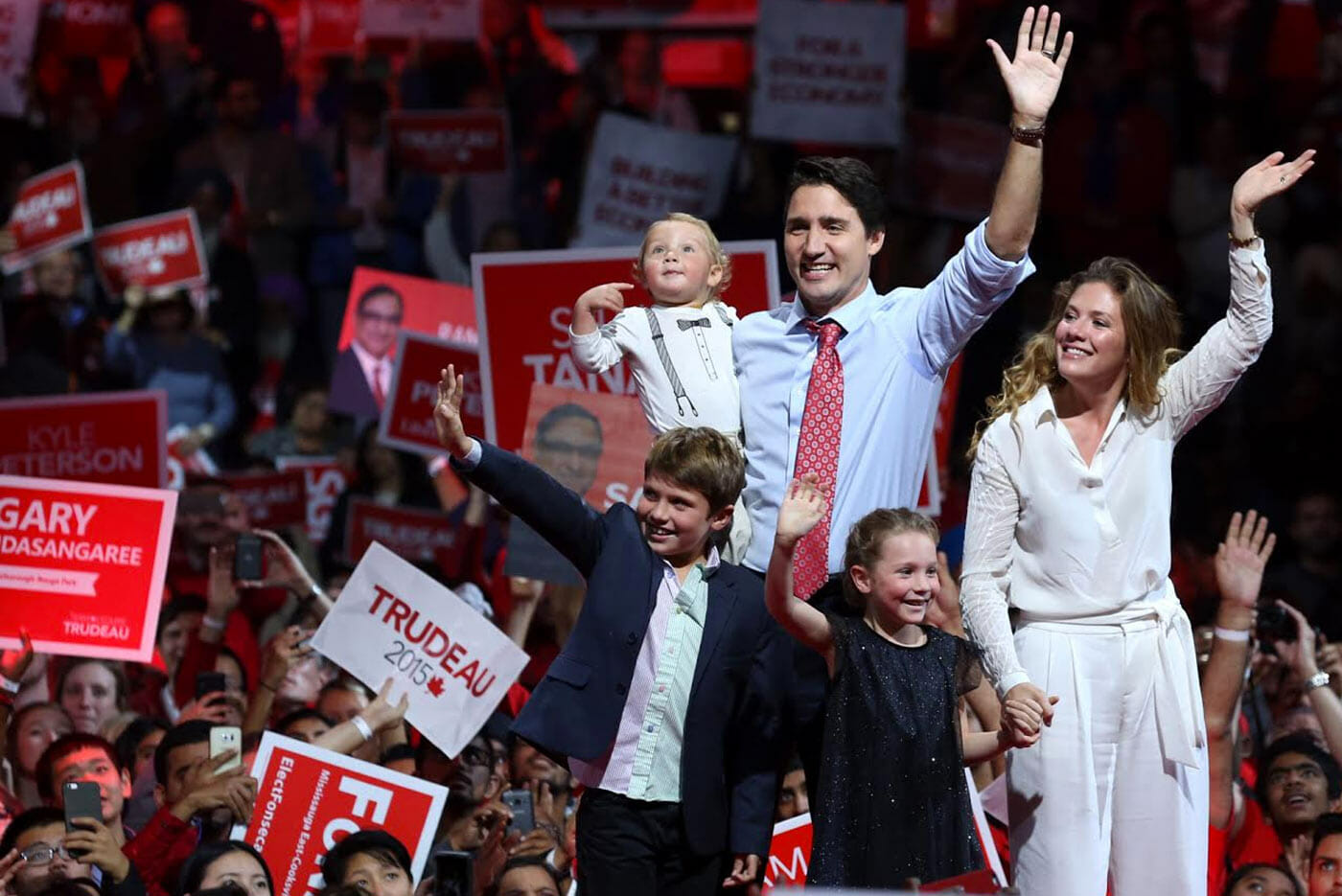Trump Administration Immigration Crackdown Faces Legal Challenges

Table of Contents
Increased Deportations and Due Process Concerns
The Trump administration witnessed a dramatic surge in deportations, exceeding those of previous administrations. This increase, however, came under intense legal fire due to concerns about due process violations. Many immigrants facing deportation lacked adequate legal representation, severely hindering their ability to mount a defense. The expedited removal process, designed for quicker deportations, was particularly criticized for its potential to bypass essential legal safeguards.
- Inadequate Legal Representation: Numerous lawsuits highlighted the lack of access to legal counsel for detained immigrants, particularly those facing expedited removal. The sheer volume of cases overwhelmed the already strained immigration court system, leaving many without adequate representation. This disproportionately affected vulnerable populations, including asylum seekers and those with limited English proficiency.
- Challenges to Expedited Removal: The ACLU and other organizations filed several lawsuits challenging the expedited removal process, arguing that it violated due process rights by limiting access to legal counsel and judicial review. These challenges questioned whether the process provided sufficient opportunity for individuals to present their case and challenge the basis for deportation.
- Statistics on Deportations: Data from Immigration and Customs Enforcement (ICE) revealed a significant increase in deportations under the Trump administration. Analyzing these figures alongside data on legal representation provides a clearer picture of the impact of these policies on due process.
The Fight Over DACA (Deferred Action for Childhood Arrivals)
DACA, implemented by the Obama administration, offered temporary protection from deportation and work permits to undocumented immigrants brought to the US as children – often referred to as DREAMers. The Trump administration attempted to rescind DACA, triggering a series of legal battles that ultimately reached the Supreme Court.
- Supreme Court Rulings: The Supreme Court ruled against the Trump administration's attempt to end DACA, citing procedural flaws in the rescission process. This decision provided temporary reprieve for DREAMers, but the program's long-term future remained uncertain.
- Arguments For and Against DACA: The legal arguments centered on whether the administration had the authority to unilaterally rescind the program and whether doing so violated the Administrative Procedure Act. Opponents of DACA argued it was an overreach of executive power, while supporters emphasized the humanitarian considerations and the contributions of DREAMers to American society.
- Impact on DREAMers' Lives: The uncertainty surrounding DACA's future created significant anxiety and instability for DREAMers, affecting their ability to pursue education, employment, and build a life in the US.
Challenges to the Travel Ban and Muslim Ban
The Trump administration's travel bans, initially targeting several Muslim-majority countries, faced immediate and widespread legal challenges. Critics argued the bans constituted religious discrimination and violated the Establishment Clause of the First Amendment.
- Supreme Court Decisions on Travel Bans: The Supreme Court ultimately upheld a revised version of the travel ban, but not without acknowledging concerns about religious discrimination. The Court's decisions were closely scrutinized for their implications regarding executive power and the protection of religious freedom.
- Arguments Regarding National Security: The administration justified the travel bans on national security grounds, arguing they were necessary to prevent terrorism. Opponents countered that the bans were discriminatory and ineffective in addressing actual security threats.
- Impact on Travelers and Families: The travel bans had a profound impact on individuals from targeted countries, separating families and preventing travel for education, work, and family visits.
Increased Border Security Measures and Human Rights Concerns
The Trump administration's focus on increased border security, including plans for a border wall and stricter enforcement measures, also led to significant legal challenges. These policies sparked considerable concern over human rights violations, particularly regarding family separations and conditions in migrant detention centers.
- Border Wall Construction: Legal challenges arose concerning the construction of the border wall, including disputes over land ownership and environmental impact assessments. These lawsuits highlighted the complexities of large-scale infrastructure projects on the border and their potential impact on the environment and communities.
- Family Separations: The separation of children from their parents at the border resulted in widespread condemnation and numerous legal challenges, highlighting concerns about child welfare and human rights.
- Conditions in Migrant Detention Centers: Reports of inhumane conditions in migrant detention centers sparked legal actions aimed at improving detention standards and ensuring basic human rights for detainees.
Conclusion
The Trump administration's immigration crackdown faced a multitude of significant legal challenges, raising fundamental questions about due process, human rights, and the limits of executive power in immigration policy. The consequences of these policies profoundly impacted the lives of millions of immigrants and continue to shape the ongoing debate surrounding immigration reform. It is crucial to stay informed on the latest developments in the Trump administration's immigration crackdown and the continuing legal battles that define the future of immigration policy in the United States. Follow reputable news sources and legal organizations focused on immigration issues to understand the complexities and ongoing impact of these policies.

Featured Posts
-
 India Market Rally Factors Contributing To Niftys Strong Performance
Apr 24, 2025
India Market Rally Factors Contributing To Niftys Strong Performance
Apr 24, 2025 -
 Pete Hegseth And The Trump Platform Controversy And Communication
Apr 24, 2025
Pete Hegseth And The Trump Platform Controversy And Communication
Apr 24, 2025 -
 Early Detection Is Key Lessons From Tina Knowles Breast Cancer Journey
Apr 24, 2025
Early Detection Is Key Lessons From Tina Knowles Breast Cancer Journey
Apr 24, 2025 -
 Examining The Liberal Platform Insights From William Watson
Apr 24, 2025
Examining The Liberal Platform Insights From William Watson
Apr 24, 2025 -
 77 Inch Lg C3 Oled The Good The Bad And The Verdict
Apr 24, 2025
77 Inch Lg C3 Oled The Good The Bad And The Verdict
Apr 24, 2025
